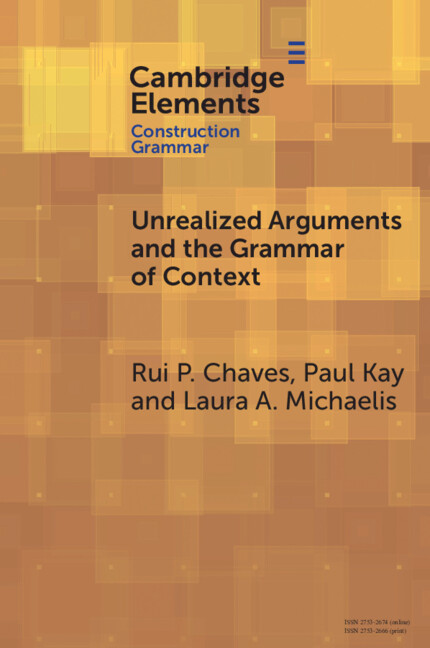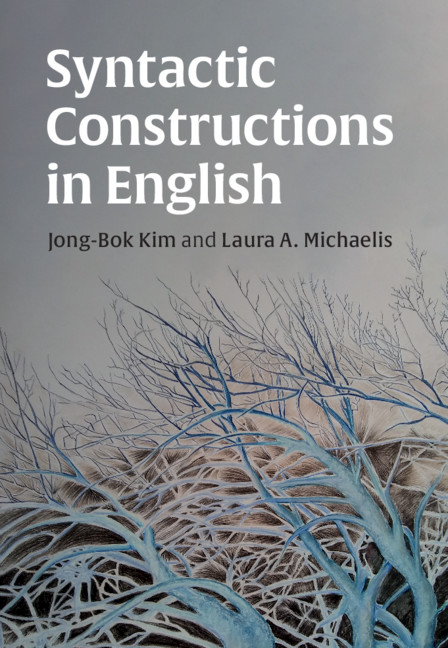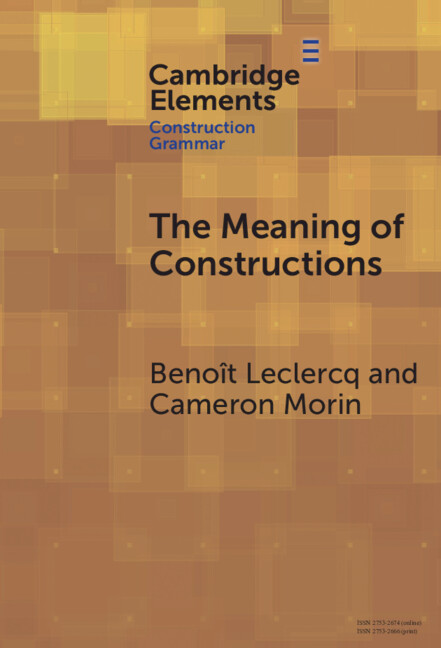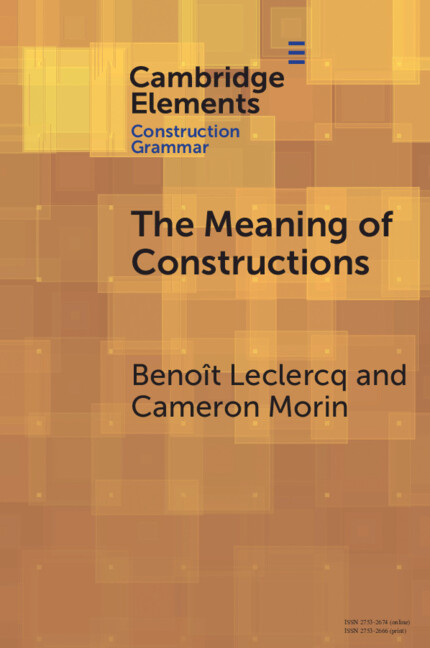Unrealized Arguments and the Grammar of Context
In null instantiation (NI) an optionally unexpressed argument receives either anaphoric or existential interpretation. One cannot accurately predict a predicator's NI potential based either on semantic factors (e.g., Aktionsart class of the verb) or pragmatic factors (e.g., relative discourse prominence of arguments), but NI potential, while highly constrained, is not simply lexical idiosyncrasy. It is instead the product of both lexical and constructional licensing. In the latter case, a construction can endow a verb with NI potential that it would not otherwise have. Using representational tools of sign based construction grammar, this Element offers a lexical treatment of English null instantiation that covers both distinct patterns of construal of null-instantiated arguments and the difference between listeme-based and contextually licensed, thus construction-based, null complementation.
Product details
July 2025Adobe eBook Reader
9781009663809
75 pages
229 × 152 mm
Not yet published - available from July 2025
Table of Contents
- 1. Introduction
- 2. Null instantiation
- 3. Formalization
- 4. Conclusion
- References.







